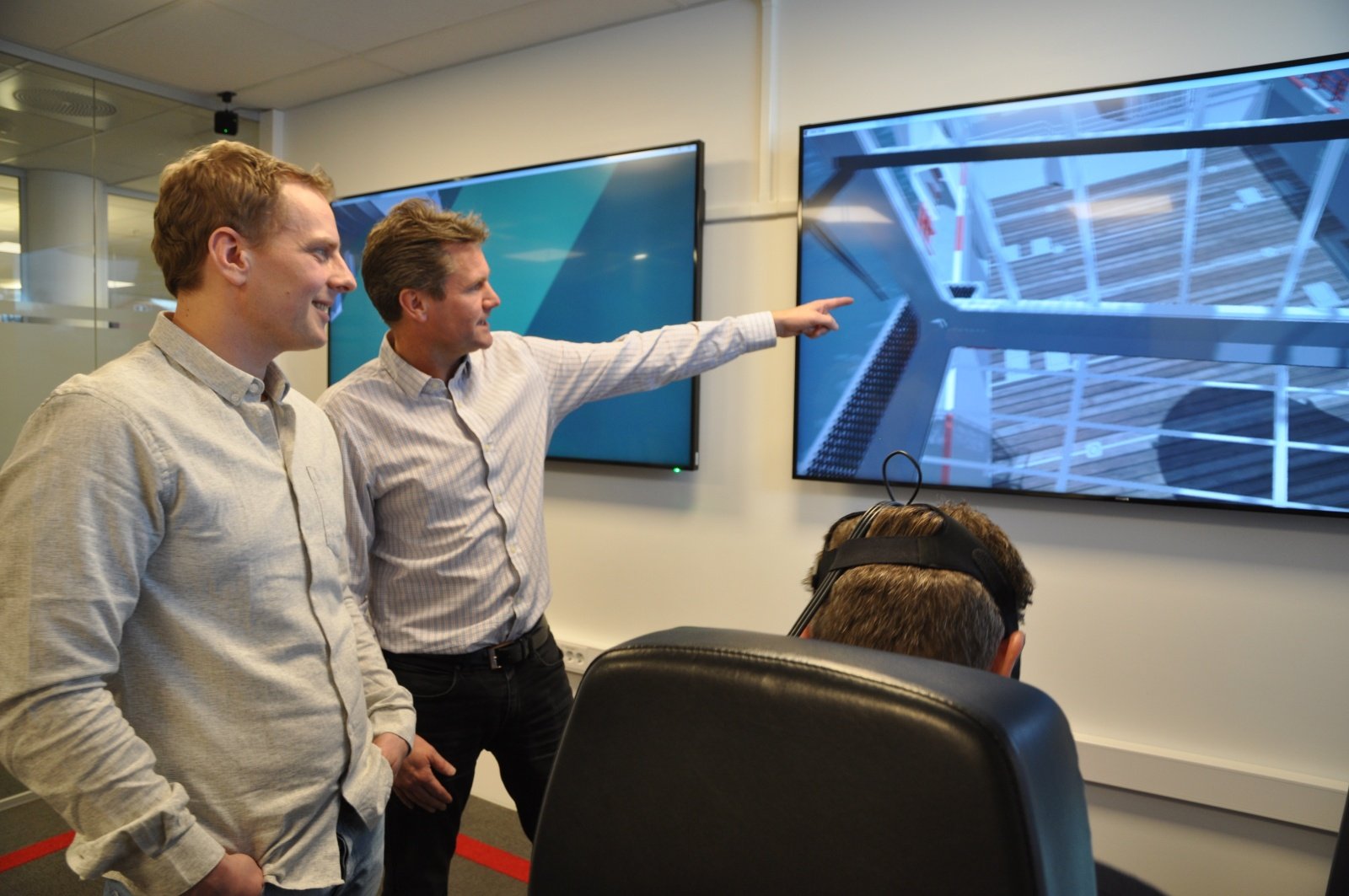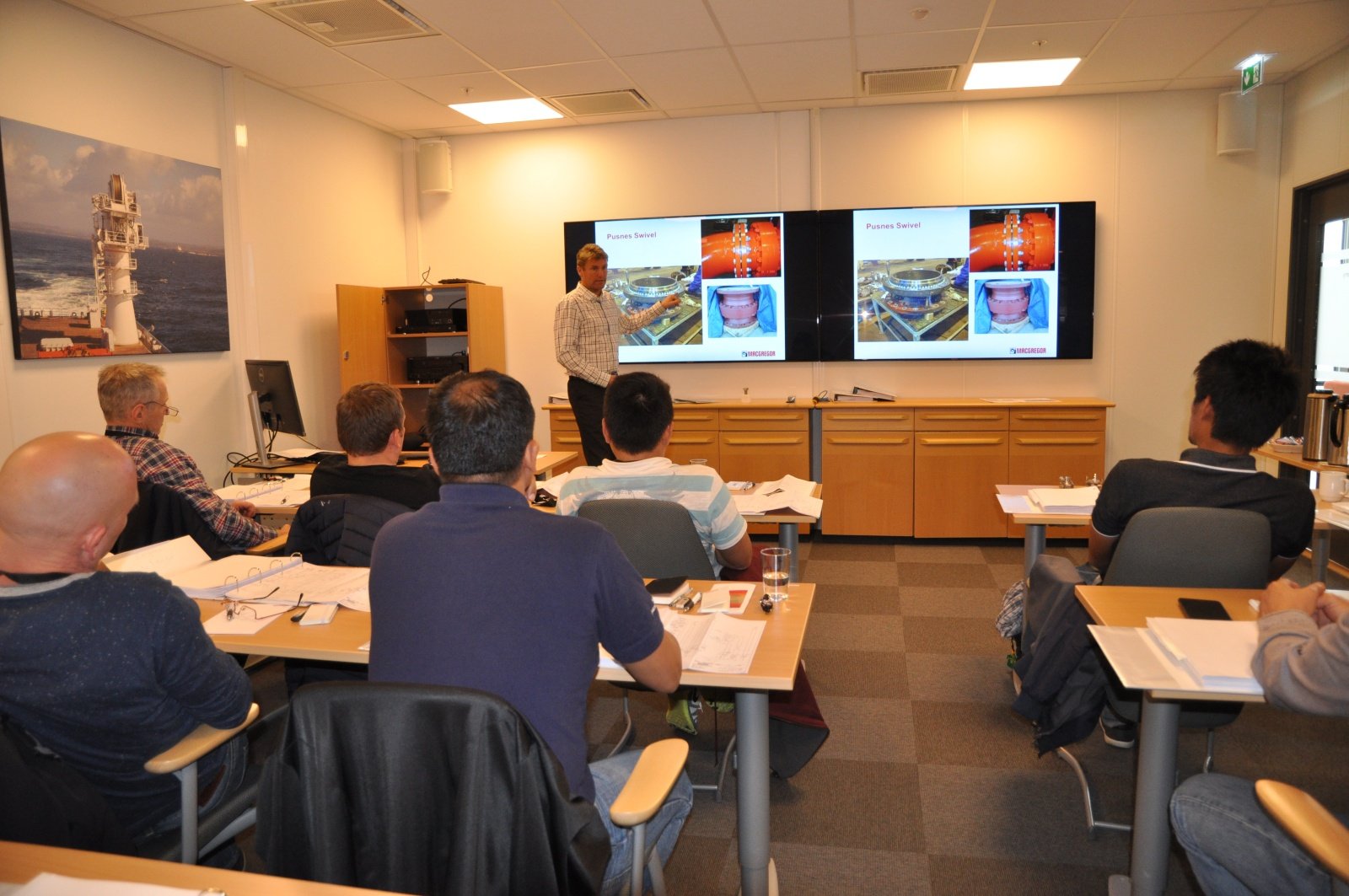Continuous crew training cuts risks and drives efficiency advances
29 Apr 2018 Reading time calculated text
Sophisticated offshore technology is designed to improve safety and efficiency, good reasons why training crews to use it effectively is beneficial; recent uptake in MacGregor’s tailor-made training programmes shows that operators agree
Following an extended period of readjustment, it seems that the oil and gas industry is turning a corner. Its protracted economic difficulties have put enormous pressure on operators, evidenced from the major moth-balling of projects to relatively minor belt-tightening strategies, amongst which training and maintenance are often two of the first targets. Their impact on safety is undeniable.
There is a widening call for a more global approach to offshore safety. According to European Commission (EC) figures, there are currently over 1,000 offshore oil and gas operations in European waters alone. It states that accidents, even historic ones such as the 2010 Deepwater Horizon disaster in the Gulf of Mexico, illustrate the need for comprehensive safety measures.

Liability is at an operator’s door
Safety remains the primary responsibility of operators and individual countries, but an accident in one country can cause environmental and economic damage to neighbouring ones. The EC’s Safety of Offshore Oil and Gas Operations Directive and similar globally adopted legislation place liability for offshore accidents firmly at an operator’s door.
Efforts to reduce the likelihood of these incidents have habitually focused on maintenance and environmental factors such as faulty equipment and adverse weather conditions. Today, prevention measures are increasingly recognising human factors as a key challenge to offshore safety and performance, which is where ongoing training plays a major role.
“Behind every offshore service today is a crew operating some the industry’s most sophisticated technology in existence, and they do so remotely, often in extremely harsh conditions,” says Mikko Lehtinen, Vice President, Global Technical Support, MacGregor.
“These innovations offer the potential to drastically reduce the impact of human error and machinery breakdown, and optimise efficiency,” he continues. “High-quality training secures the proficient use of this equipment, which incidentally prolongs its service life, reduces maintenance costs and dictates the safety of any operation; all good reasons why operators should train crews to use this technology well.
“Our priority is to transfer knowledge about safe operations and opportunities to maintain and operate equipment correctly,” Mr Lehtinen notes. “Crews who know how to operate equipment safely and systematically will prevent failures and help to protect the environment.
A crew that knows how to operate equipment in all situations, especially an emergency one, is also a safer crew.